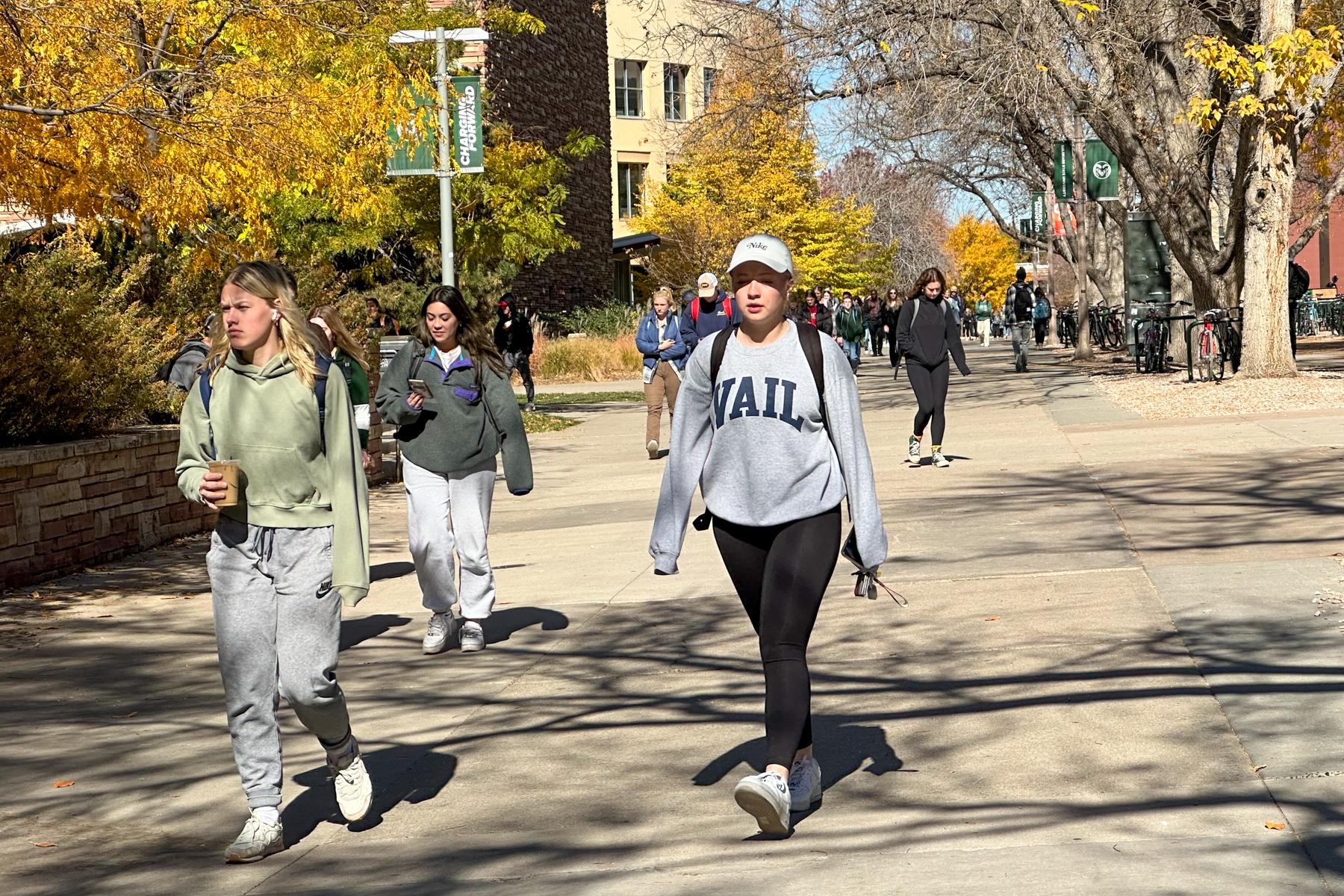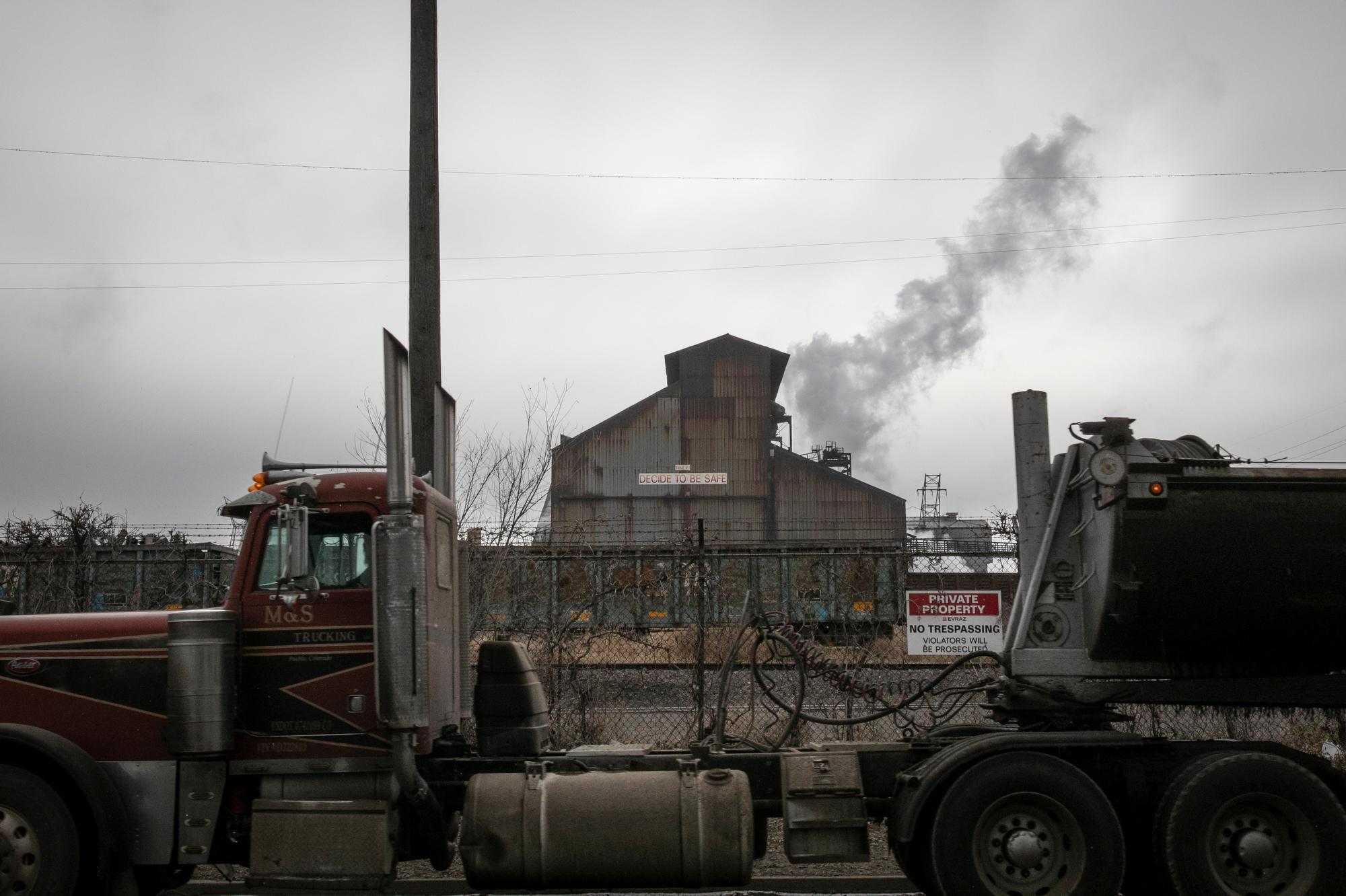
The Supreme Court ruled Thursday that race-conscious admissions in higher education, commonly known as affirmative action, is unconstitutional.
The court considered two cases related to affirmative action, which have been incorporated into many colleges’ admission processes since the 1960s. One case concerning the University of North Carolina at Chapel Hill was decided 6-3, with the more conservative justices carrying the majority. The other was centered on Harvard University and ended in a 6-2 decision. Justice Ketanji Brown Jackson recused herself. Chief Justice John G. Roberts Jr. wrote the majority opinion addressing both cases.
“The student must be treated based on his or her experiences as an individual — not on the basis of race,” Roberts wrote. “Many universities have for too long done just the opposite. And in doing so, they have concluded, wrongly, that the touchstone of an individual’s identity is not challenges bested, skills built, or lessons learned but the color of their skin. Our constitutional history does not tolerate that choice.”
The ruling will affect all American colleges and universities that consider race as one of the factors they use in admission processes. Some states, including Michigan, California and Washington, have state-wide bans on affirmative action that predate the latest SCOTUS rulings. Colorado is not one of them.
Colorado higher education institutions, leaders react
The end of affirmative action is expected to heavily impact private universities with extremely selective admissions. Colorado College, a private liberal arts college in Colorado Springs that admits about 11 percent of applicants, said the effect of Thursday’s rulings will likely mirror what happened in Michigan and California when affirmative action was banned at the local legislative level.
“We can expect to see an initial decline in students from historically underrepresented backgrounds enrolling at CC,” the college said when the cases first appeared on the SCOTUS docket.
A Colorado College spokesperson said Thursday morning the university hasn’t yet determined the extent to which the SCOTUS ruling will impact the student body’s makeup.
Angie Paccione, who oversees Colorado’s Department of Higher Education, denounced the ruling.
“The court has made socioeconomic disadvantage a proxy for the disadvantages of race,’ she said in a statement. “We do not agree with this decision of the Supreme Court. During our history, race too often resulted in economic disadvantages and missed educational opportunities and access.”
In a statement following the ruling, the president and four chancellors of the University of Colorado System, the state’s largest higher education institution, said they remain committed to “fostering a diverse, inclusive and equitable environment.”
In a separate statement, CU Boulder Chancellor Phil DiStefano said the university can ensure the continued enrollment of diverse students through initiatives that aren’t now banned by the Supreme Court. He mentioned prioritizing recruitment efforts among students from minority backgrounds, expanding scholarships and building support services for disadvantaged and first-generation students.
Graduate admissions at public universities will likely face a larger impact than undergraduate admission, as the enrollment process is more selective across the board. In a separate statement from the system, CU Anschutz Chancellor Donald Elliman expressed disappointment in the ruling, noting it will have the practical effect of deepening healthcare disparities felt by Black and Latino people.
“The decision sets back efforts to remedy disparities in health care by constraining whom we can admit as future physicians, researchers, nurses, dentists, pharmacists, public health leaders, and other healthcare professionals serving our community,” Elliman said. “Limiting the ability of universities to address inequities hurts all of us and is particularly harmful to those who need help the most.”
Students from underserved communities tend to fare worse on success indicators used by colleges to decide who gets admitted. Things like extracurricular activities, college prep resources and after-school tutoring may not be available for students with lower-income or immigrant backgrounds. Universities with selective admission policies have used affirmative action to try leveling the playing field a little more.
“In a medical school; in particular, in an MD program, our class size is 184 people, and we have in the last several years, consistently had around 10,000 or more applicants for those 184 positions,” said Dr. Shanta Zimmer, senior associate dean at CU Anschutz School of Medicine. “So the opportunity to enroll everybody who's excellent is not there”
Universities with blanket undergraduate admission policies may be in a position to benefit
In a letter to students, faculty and staff, Amy Parsons, Colorado State University’s president, said their status as a public land-grant university means admission processes won’t be affected, as all qualified students are admitted. At Metropolitan State University of Denver, where students of color are the majority, admissions director Vaughn Toland said the ruling won’t have much of an effect.
“If a student is 20 years of age or older and they have a high school diploma or GED, they're guaranteed admission to MSU Denver,” Toland told CPR News. “If a student coming right outta high school has a cumulative high school GPA at 2.0 or above, they're guaranteed admission. Any student below that, we do a holistic review of those students. We do not use affirmative action in that holistic review, but that is a very, very small percentage of students who go through that process.”
Community colleges and military academies are also expected to continue handling admissions as they already do.
Toland said there’s a possibility that MSU Denver sees an even greater number of applicants in the coming years if universities with lower rates of admission are unable to find ways around the affirmative action ban.
“It will remain to be seen how this will play out and how it might impact students applying to different universities around the state and around the country,” he said. “ Some students may decide not to apply to some of the more selective schools because they think now their chances of getting admitted have been diminished.”









